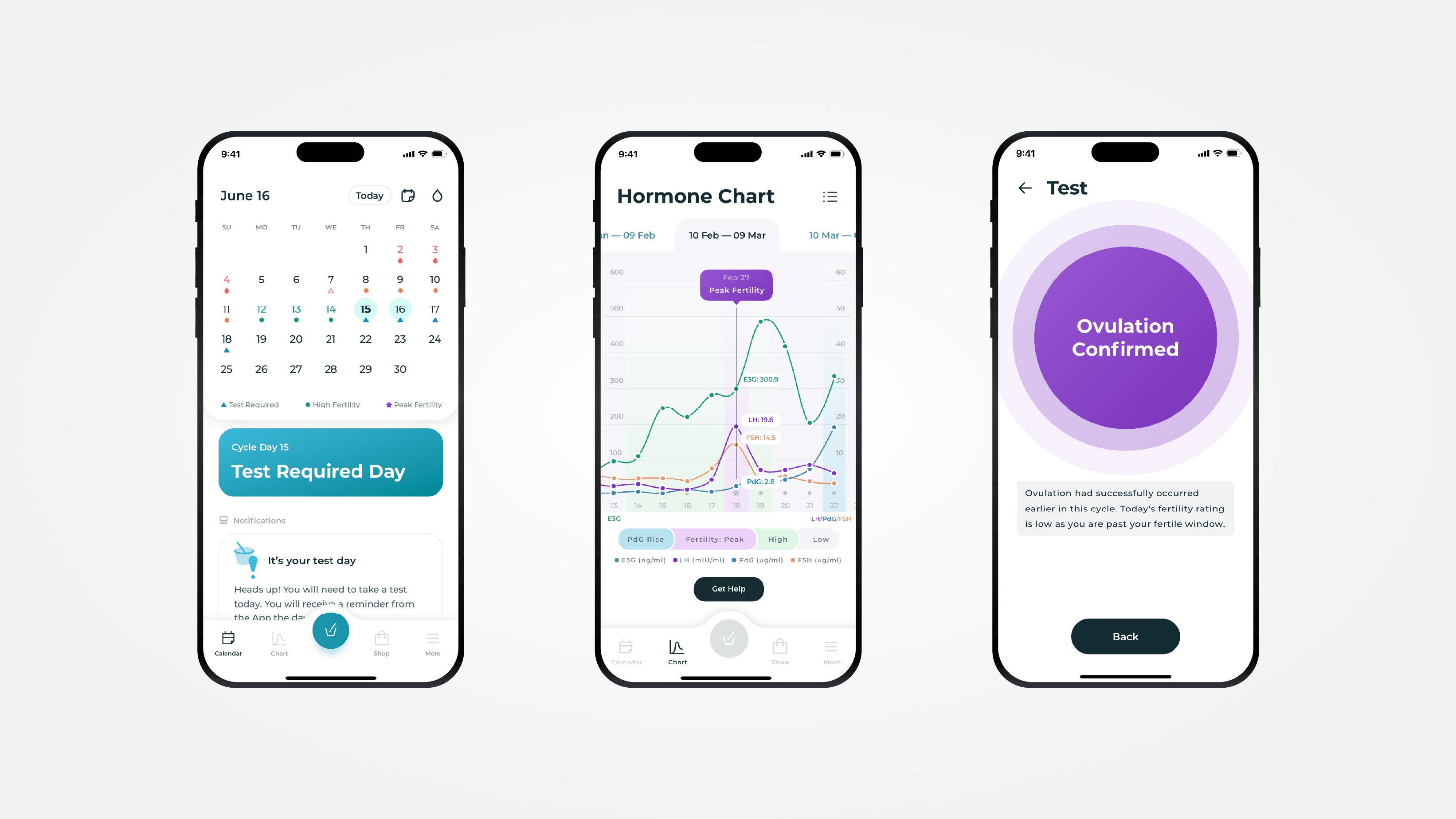U.S. Government Warns of Royal Ransomware’s Rebrand to Blacksuit
The U.S. government has issued an alert confirming that the notorious Royal ransomware gang—one of the most active cybercriminal groups in recent years—is preparing to rebrand or spin off under a new name: Blacksuit.
In an updated joint advisory, the FBI and CISA revealed that the Blacksuit ransomware variant shares nearly identical coding characteristics to Royal, corroborating earlier findings by cybersecurity researchers like Trend Micro.
“There are indications that Royal may be preparing for a rebranding effort and/or a spinoff variant,” the advisory states.
Why Rebranding Matters
Royal ransomware has been linked to over 350 global victims, with ransom demands surpassing $275 million. The group has aggressively targeted critical U.S. infrastructure, including:
- Healthcare organizations
- Manufacturing firms
- Communications networks
A high-profile attack on Dallas, Texas, earlier this year disrupted city services, including emergency response systems, before being attributed to Royal.
The Cat-and-Mouse Game with Law Enforcement
Rebranding is a common tactic among ransomware gangs to evade detection and sidestep sanctions. Recent U.S. and U.K. sanctions against cybercriminals—particularly those linked to the defunct Conti group—have made it riskier for victims to pay ransoms, as doing so could violate sanctions laws.
“Several members of Royal are ex-Conti, so firms may now refuse payments to avoid legal repercussions,” said Allan Liska, a threat intelligence analyst at Recorded Future.
The Conti Connection
Royal’s origins trace back to Conti, a Russia-linked ransomware group that disbanded in 2022 after internal leaks exposed its ties to the Kremlin’s war in Ukraine. Conti’s remnants later formed Royal, which quickly rose to prominence with attacks on hospitals and other high-value targets.
In September 2023, the U.S. and U.K. imposed sanctions on 11 alleged Conti members, effectively freezing their financial networks and complicating ransom payments.
How Sanctions Disrupt Ransomware Operations
Sanctions target individuals rather than groups, making it harder for gangs to simply rebrand and continue operations. Key impacts include:
- Deterring ransom payments from victims and insurers
- Limiting hackers’ ability to launder money
- Forcing groups to fragment or rebrand
Despite these measures, ransomware gangs continue adapting—highlighting the need for proactive cybersecurity defenses and international cooperation to combat evolving threats.
The FBI’s Stance: Don’t Pay Ransoms
The FBI consistently advises victims against paying ransoms, as it fuels further attacks. Instead, organizations should:
- Implement robust backup systems
- Train employees on phishing risks
- Engage cybersecurity experts for incident response
For more on ransomware trends, read: Do Government Sanctions Against Ransomware Groups Work?
📚 Featured Products & Recommendations
Discover our carefully selected products that complement this article’s topics:
🛍️ Featured Product 1: Alpha Tools Dust Shroud Kit
 Image: Premium product showcase
Image: Premium product showcase
High-quality alpha tools dust shroud kit offering outstanding features and dependable results for various applications.
Key Features:
- Cutting-edge technology integration
- Streamlined workflow optimization
- Heavy-duty construction for reliability
- Expert technical support available
🔗 View Product Details & Purchase
💡 Need Help Choosing? Contact our expert team for personalized product recommendations!












